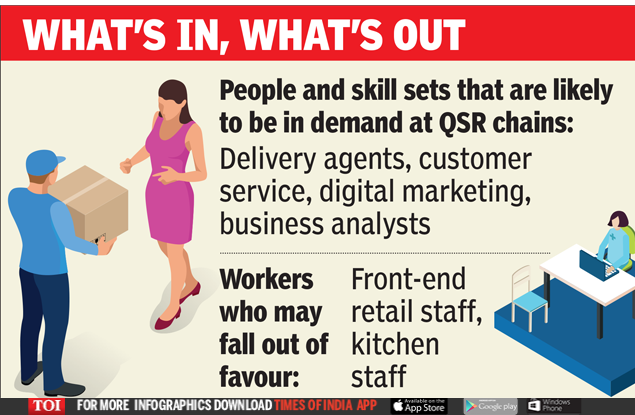NEW DELHI: Japanese auto major Toyota is suspending plans to launch new cars in India and is also putting a halt to fresh factory investments as it blames “prohibitive” taxes on vehicles for depressing consumer demand, leaving automakers with high costs and unutilised and idle capacities.
The tax rates, the company says, has blunted the ease of doing business in India and has made vehicles expensive for customers. Also, with lower demand, companies have failed to utilise factory capacities and harness the underlying business potential.
“Don’t treat this (auto industry) as a sin good. This is a sector that generates a lot of employment, goodwill, and lots of export potential,” Shekar Viswanathan, vice-chairman of Toyota Kirloskar Motors, told TOI.
Viswanathan said it is unfair to load a customer who is already paying personal income tax with high taxation on goods such as cars. “…Why should s/he not benefit from a lower tax rate. There will be more people to buy. I am batting for the consumers.”
Toyota runs its business in India in partnership with the Kirloskar family, the latter holding a minority stake in the company.
Viswanathan said that the scope for expansion remains challenging. “Unless tax rates come down, demand will not go up. It’s a simple equation. If it (demand) goes up, then only can we think of a new factory.”
Asked whether the company — which is taking models from Maruti to meet its requirements — will launch new cars under its own brand, he said it is not possible in the present circumstances. “The launch of a new car is prohibitively costly — to develop a new platform, launch it, and then get volumes to defray costs, including for technology development. It’s a huge risk.”
Viswanathan, who has often been vocal about the industry’s demand for reduction of taxes, said that while the companies make only about 7-10% through sale of vehicles, the government makes as much as 50% on bigger vehicles (through GST and additional levies) and over 28% on smaller cars.
“This is a very complex subject. Investors such as ourselves cannot take a decision to expand unless it becomes more sensible to do business… ease of doing business is also tied to the tax rates.”
Toyota has two plants in India around Bengaluru, and while the first plant (annual capacity of one lakh vehicles) is fully utilised, the second, and bigger, plant is utilising only around 15% of the installed capacity of 2.1 lakh units.
“We are barely making 30,000-35,000 vehicles in the second plant. So, there is no rational of expanding to a third plant. Tell me how to expand. Until I can show 75% capacity utilisation, how can I expand. Can anyone do it?”
Despite its over-two-decade-long presence in India, Toyota has not been able to crack the Indian market and its volumes have been struggling. Its market share in August this year stands at a poor 2.6% in the passenger vehicles category against 5.7% recorded in the same month of last year. This despite the fact that other companies such as newcomers Kia Motors of Korea and MG Motors of China have managed to get numbers. Even older players like Maruti Suzuki and Hyundai have boosted their share.
Viswanathan said that if demand comes back, the company will gain and only then can it think of expansion. “If the market is there, factories will come. The government must take a look at GST rates to spur growth.”
Source link

